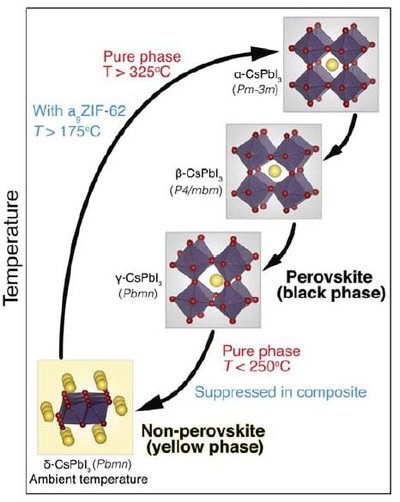Where to buy perovskite materials for research

The scientific world is excited about perovskite materials for solar cell research. They need high-quality, research-grade perovskite precursors. This guide helps researchers find the right materials, like lead iodide and indium phosphide, from trusted suppliers. It ensures the materials meet the quality needed for research.
- Perovskite materials are essential for cutting-edge research in solar cells and other semiconductor-based technologies.
- Identifying reliable suppliers of research-grade perovskite precursors, such as lead iodide, indium phosphide, titanium disulfide, and silicon disulfide, is crucial for research success.
- Understanding the quality requirements and specifications for research-grade perovskite materials is vital to ensure the integrity and validity of your research findings.
- Navigating the landscape of perovskite material suppliers can be a time-consuming process, but this guide aims to provide researchers with the necessary information to make informed decisions.
- Maintaining high-quality standards for perovskite materials is crucial to advancing the field and unlocking the full potential of these innovative materials.
Understanding Perovskite Materials and Their Research Applications
Perovskite materials are key in photovoltaic research. They have a special perovskite structure and show great optical and electrical properties. Scientists all over the world are studying them for solar cell technology and more.
Basic Components of Perovskite Materials
Perovskites are made of lead halide (like lead iodide) and an organic cation (like methylammonium or formamidinium). This mix creates a crystal that’s good at turning light into electricity. Perovskites can be adjusted to fit many uses in photovoltaic materials and other fields.
Common Research Applications in Solar Cells
Perovskite materials are mainly studied for solar cells. Lead halide perovskites are great at catching light and moving electrical charges. Scientists are working to make these solar cells better, focusing on stability, scalability, and material purity.
Quality Requirements for Research-Grade Materials
Researchers need to follow strict quality standards when working with perovskite materials. The material purity is very important. Any impurities can affect the results. So, careful making, checking, and handling are key for top-notch perovskite research.
Top Suppliers of Lead iodide, indium phosphide Titanium disulfide, silicon disulfide
Researchers exploring perovskite materials need top-notch precursors. Suppliers like Sigma-Aldrich, Alfa Aesar, and American Elements are leaders. They offer key compounds like lead iodide, indium phosphide, titanium disulfide, and silicon disulfide.
Sigma-Aldrich is a well-known name in science. They have a wide range of perovskite precursors. Their quality control is strict, and they have top certifications. This means researchers can trust their products for reliable results.
Alfa Aesar is also a key player in research chemicals. They have a vast selection of semiconductor materials. This includes high-purity lead iodide, indium phosphide, titanium disulfide, and silicon disulfide. Their focus on quality and meeting research needs is clear.
Where can I purchase high-quality perovskite materials for my research?
You can find top-notch perovskite materials at places like Sigma-Aldrich, Alfa Aesar, and American Elements. They offer key components like lead iodide and indium phosphide. These are crucial for studying perovskites.
What are the key properties and applications of perovskite materials in research?
Perovskites have a special structure that makes them great for solar cells and more. They can change how they absorb light and move charges. This makes them very interesting for scientists.
What are the quality requirements for research-grade perovskite materials?
For research, perovskites need to be very pure and consistent. Scientists look for materials with little to no impurities. This ensures their results are reliable and can be repeated.
How can I ensure I’m purchasing the right perovskite materials for my research needs?
Choose suppliers known for their research-grade chemicals. Look for ISO or GMP certifications and ask about their quality checks. Also, consider their product range, delivery times, and customer support.
What are the common applications of perovskite materials in research?
Perovskites are mainly used in solar cell research. They’re also being explored for LEDs, photodetectors, and other devices. Their unique properties make them versatile for many studies.



